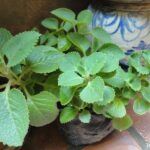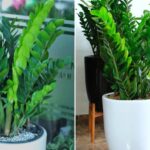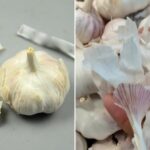Two of the most popular “golden ingredients” for gardening are fish guts – a fantastic natural source of protein, and leftover vegetable leaves – an effective organic compost. Both are easily accessible, can be sourced from markets, and are simple to utilize for any household.
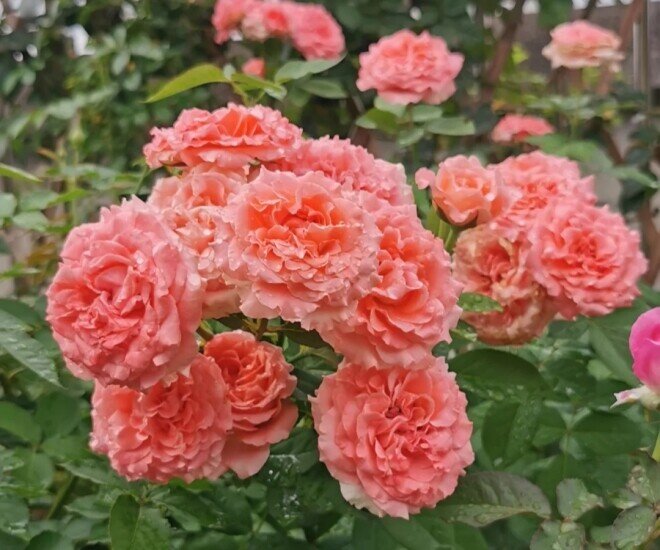
1. Fish Guts
In some residential areas, it’s a familiar sight to see gardeners regularly visiting seafood markets to collect fish guts. To them, these aren’t waste but a “treasure trove” of nutrients for their plants.
Once collected, the fish guts are buried about 30cm deep in a discreet location, and then covered. In summer conditions, it takes about a month for the guts to fully decompose, while in winter, it may take up to three months. The result is a thick, dark layer of compost that is devoid of any fishy smell and extremely rich in protein – an essential nutrient for robust flowering and fruiting.
Experienced gardeners share a tip: sprinkle some red sugar when burying the guts to accelerate the fermentation process and deter flies. If concerned about odors, soak the guts in a large container with microbial agents purchased from supermarkets to create an organic liquid fertilizer for your plants.
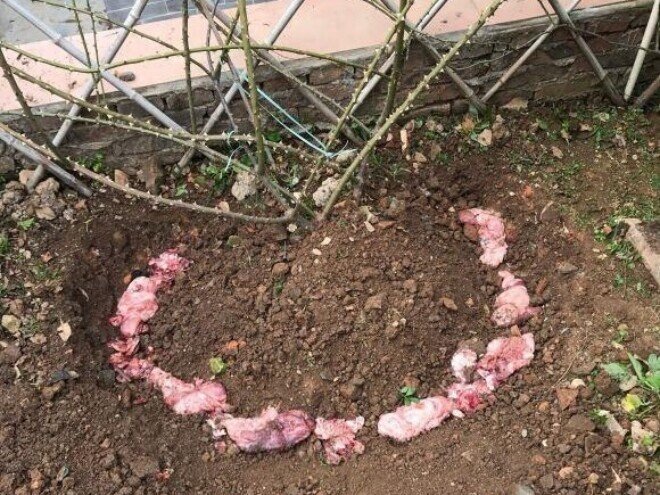
An important note is to avoid burying fish guts too close to the plant’s root system, as it may cause root burn. It’s recommended to bury them at least 20-30cm away from the base of the plant to allow for gradual absorption without harming the roots.
Flowers such as cherry blossoms, bay laurel, and roses that are fertilized with this type of compost exhibit remarkable growth, producing larger blooms that last longer, along with greener leaves and fewer pests.
2. Vegetable Leaves
It’s not just fish guts that can be repurposed; leftover vegetable leaves can also be turned into organic compost. Leaves from vegetables like celery, Chinese cabbage, and cabbage are cut into small pieces and layered alternately with soil in a plastic or foam box with a lid.
Each layer of leaves is lightly moistened before adding the next, filling the box, and then sealing it shut. Additionally, microbial agents can be mixed in to speed up the composting process and neutralize odors.
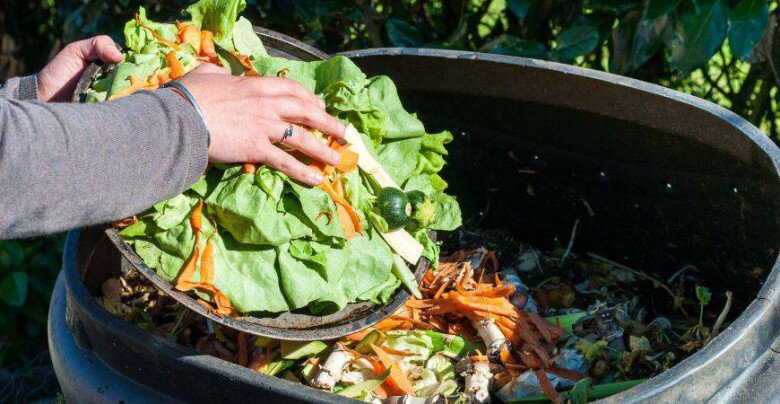
Within about a month in warm weather, the vegetable leaves will break down into black compost, rich in fiber and beneficial microorganisms for plants. When mixed into the potting soil, this compost improves soil structure, moisture retention, and fertility.
Furthermore, ashes from burnt branches and leaves can be sprinkled into the compost mix to increase potassium content and help eradicate bacteria and pests.
Using organic compost made from vegetable leaves not only boosts root growth and plant immunity but also significantly reduces gardening costs. Many households have observed improved leaf color and growth rates in their plants after switching to soil mixed with composted vegetable leaves.
Recycling kitchen waste into fertilizer is not only economical but also environmentally beneficial. Utilizing fish guts and vegetable leaves is a testament that a thriving garden and vibrant blooms can often be achieved with what was once considered waste.
The Ultimate Guide to Super-Fast-Growing Vegetables: A Month’s Worth of Meals in One Easy Planting
No need for a sprawling garden or fertile soil – this “miracle” vegetable grows like a weed and can be harvested all month long with just a single planting. With a nutritional value surpassing that of oranges, yet so easy to cultivate that even a novice gardener can succeed, this vegetable is a true wonder.

























